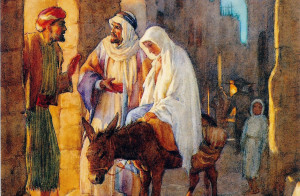Heart of Darkness

Joseph Conrad’s novel is a difficult story to read.
The storyteller, a seaman named Marlow,
tells his tale about a trip up the Congo River while he and a crew are waiting
to embark on a journey. Conrad himself
had sailed that river so the geography and physical details are well-described. The narrative is another thing.
As Marlow talks the dialogue is hard to
follow. Paragraphs may include two
speakers whose individual words are hard to determine. There are abrupt changes in topic. The narrator at times seems to begin a new
topic with no segue. The reader is left to wonder what just happened.
Though the style is challenging, the language is
eloquent. Conrad’s use of words is noteworthy. And his portrayal of people fits the characters’
role perfectly. Emotions are clearly presented through the right choice of
words. Still the theme is unclear until
the end.
Conrad deals with hard topics like racism, colonialism, greed, violence. He was not ready to see the evil nature of man so consistently seen in those areas along his journey into the Heart of Darkness. Marlow’s mission is to find a man named Kurtz. Only to find the great expectation of meeting Kurtz dashed by that man’s selfishness.
This edition has notes by Karen Swallow Prior
which were invaluable in the background and purpose of the novel. The study guide questions offer insight into the
personality of the characters. This brings some of the shadowy images into the
light.
In the end, Heart of Darkness is a poignant, sorrowful
story of man’s own ruin when trusting his own nature. It was said of Kurtz, “he
could get himself to believe anything-anything.” Apparently, he believed in himself too strongly
and failed.


Comments
Post a Comment